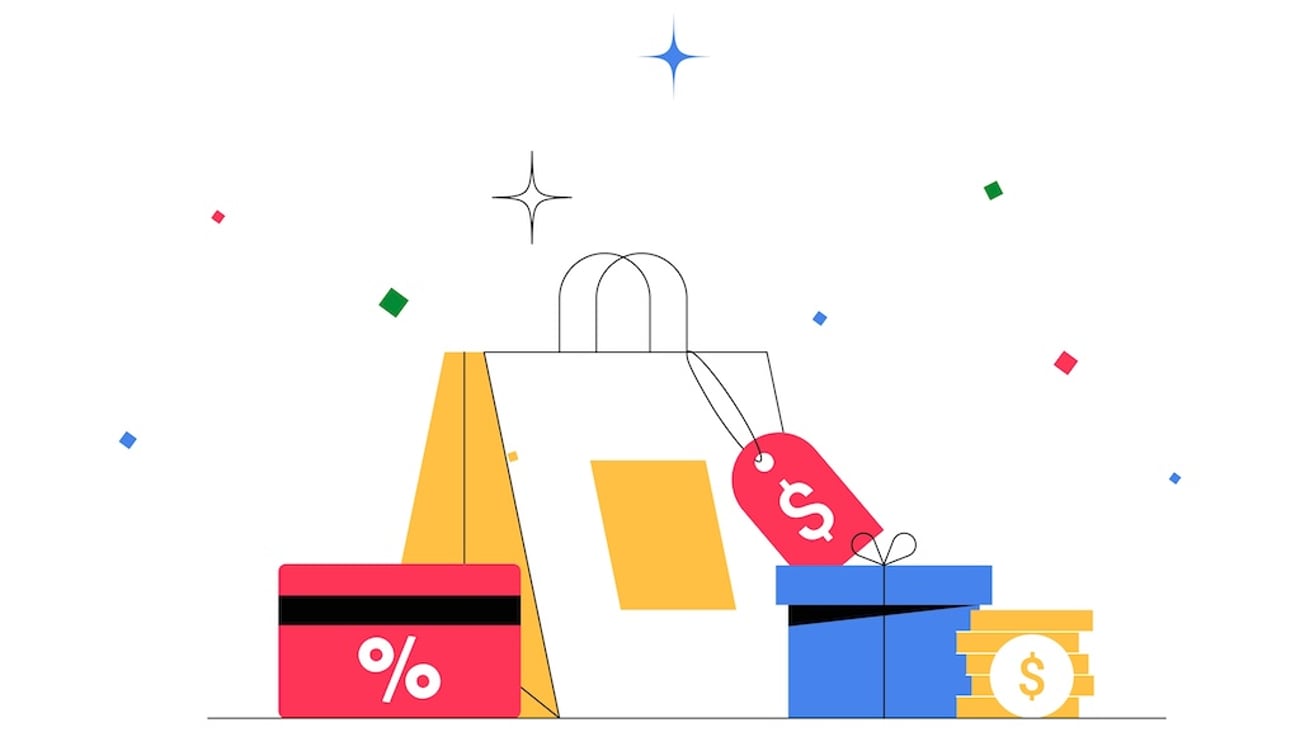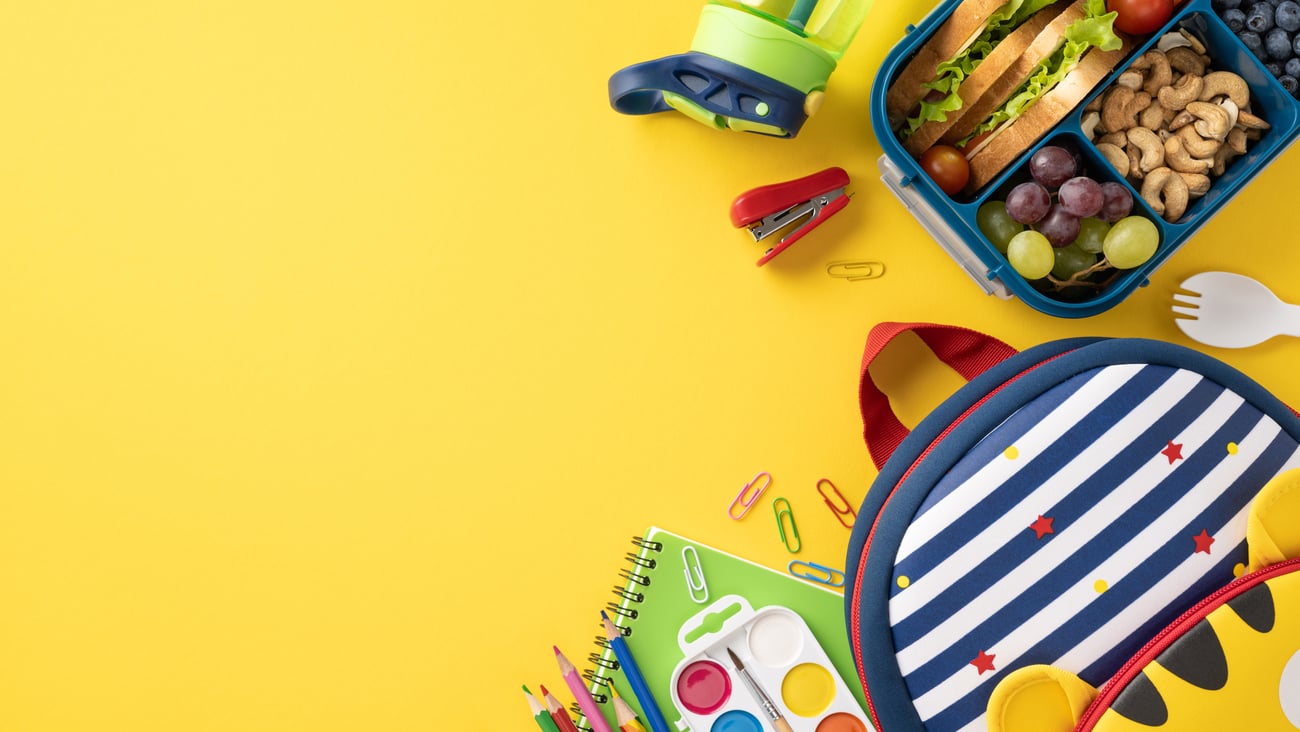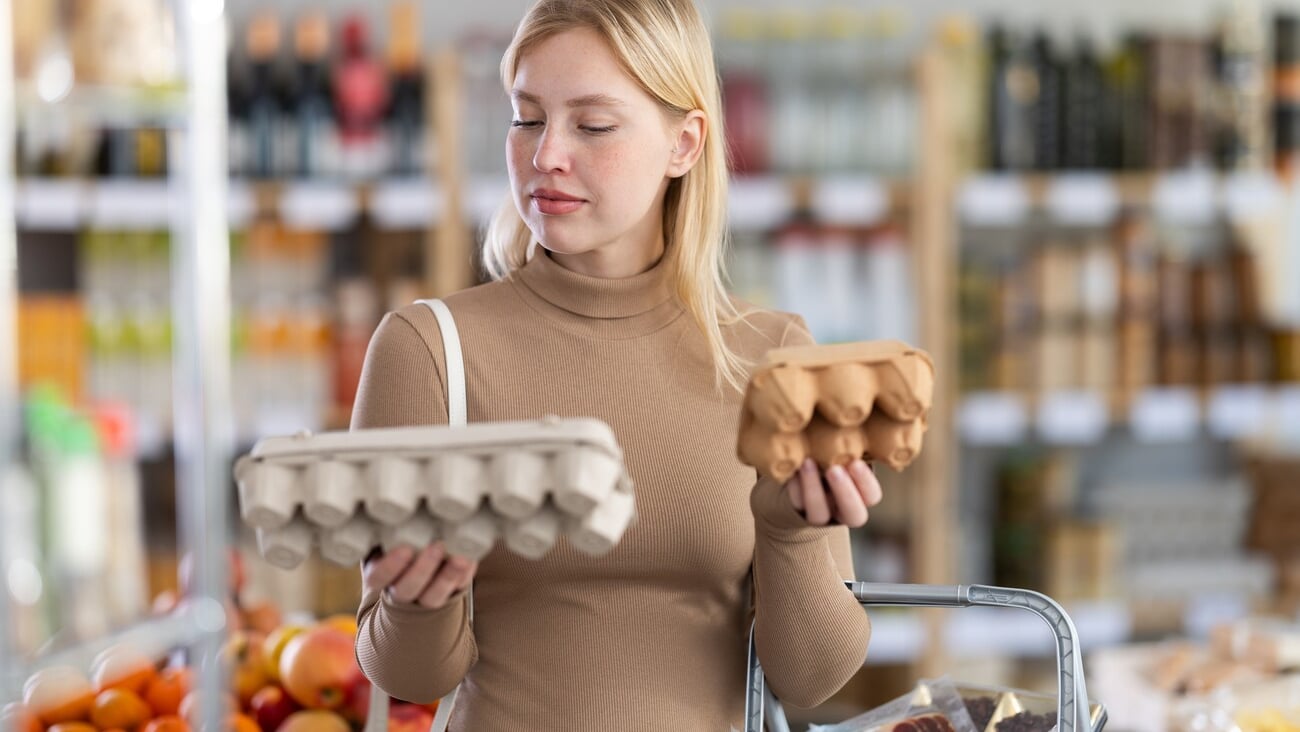Canadians wary of AI integration
There’s a lot of buzz around artificial intelligence (AI). From ChatGPT to Microsoft Bing's chatbot, the reviews have been mixed. Yet, like it or not, technology is becoming standard. According to Statistics Canada, 28.3% of businesses credit technology adoption with improving their operational efficiency-and that Includes Al. While still in its early phases, 6.1% of all businesses relied on Al in producing goods and delivering services over the last year.
To understand how shoppers view Al's role in grocery shopping, Caddle surveyed thousands of people nationwide. The results show many Canadians are wary of the technology, while others are skeptical of its usefulness.
Through online shopping, consumers are increasingly familiar with AI in customer service. Nearly half (47.9%) of Canadians polled said they have interacted with a chatbot frequently or occasionally while buying online or seeking customer support. Just 36.6% said they've never dealt with AI in that capacity and 15.5% weren't sure.
Though Al-powered chatbots are more common, they aren't necessarily popular. Only 22.6% of people said they were extremely or very comfortable interacting with them instead of a human representative. Far more (45.6%) said they were not comfortable and 30.8% were only "somewhat" comfortable.
When asked to consider how likely they would be to use a personalized AI chatbot to help find products, most respondents weren't enthusiastic. Just 29.5% said they would be somewhat likely to use it, while 48.7% said they weren't likely to accept the service. The lukewarm reception is due, in part, to a perceived lack of practicality. Most people surveyed (38.1%) didn't see much benefit to a personalized AI chatbot and preferred human interaction, though 26.4% saw the bots' 24-7 availability as a perk.
There is a generational difference in willingness to use Al-powered chatbots. Baby boomers were most likely to say they were not at all comfortable (40.5%) and those respondents were also more likely to avoid the technology altogether. Female respondents were also more likely to express discomfort with AI (53%) compared to men (43%).
Attitudes toward AI improve with in-store operations. The integration of Al technologies such as smart shelves, digital strips and inventory tracking were supported somewhat by 28.1% of survey respondents and strongly supported by 17.4%, while 35% said they felt neutral about the addition. Once again, male shoppers (59% compared to 38% female) and millennials (38.2%) were more likely to be in favour of the change.
Only 18.3% of respondents in favour of in-store AI were gen Z; however, that generation does more of its shopping online, with 50.5% saying they never buy groceries in physical stores. This aligns with another trend, where people who shop more regularly in physical stores saw technological advancements as improvements to efficiency and convenience. For instance, 64.4% of weekly and 20.7% of daily in-store shoppers felt positively about digital price tags.
Respondents agreed about the convenience of cashierless payment systems like Amazon Go that use Al to allow shoppers to pick up items and leave the store without going through a checkout. About one quarter of respondents said the option would be somewhat convenient and 20.1% said it would be very convenient. Just over 34% of people said they were neutral to the idea.
Weekly shoppers (62.8%) and millennials (36.1%) were most likely to find cashierless systems appealing, followed by gen Xers (26.3%). In contrast, 44.4% of boomers said they wouldn't find skipping the line convenient. It's perhaps no coincidence they also had less understanding of the system, with 59.1% saying they weren't familiar at all with cashierless shopping.
Indeed, those with more exposure to technologies have a better understanding of the benefits. Most respondents said they were not familiar with Amazon Go (29.6%) or had heard of it but weren't familiar (33.7%). Yet those who were more familiar (59.4%), had a better estimation of not only cashierless systems but of digital price tags (58%) and Al integration (51.7%), too. While many are leery of advancements, it's clear Canadians are open to technology once they've seen its positive impacts first-hand.
This article was first published in Canadian Grocer’s September/October issue.






